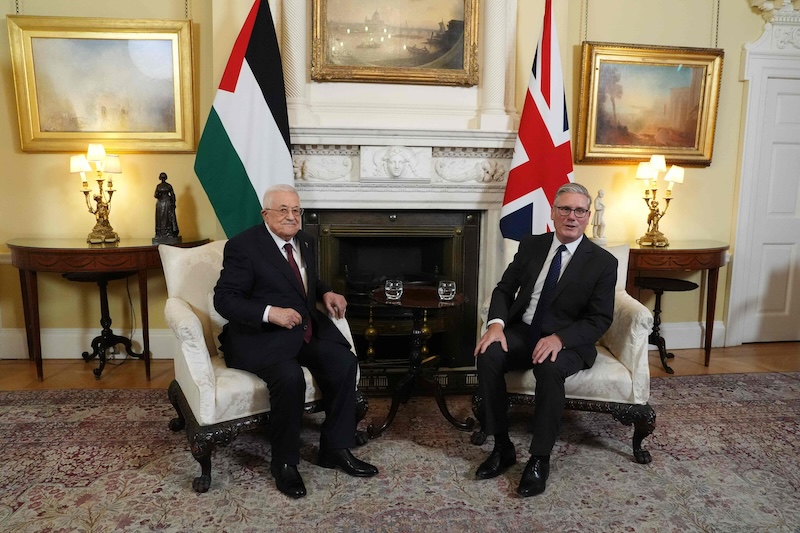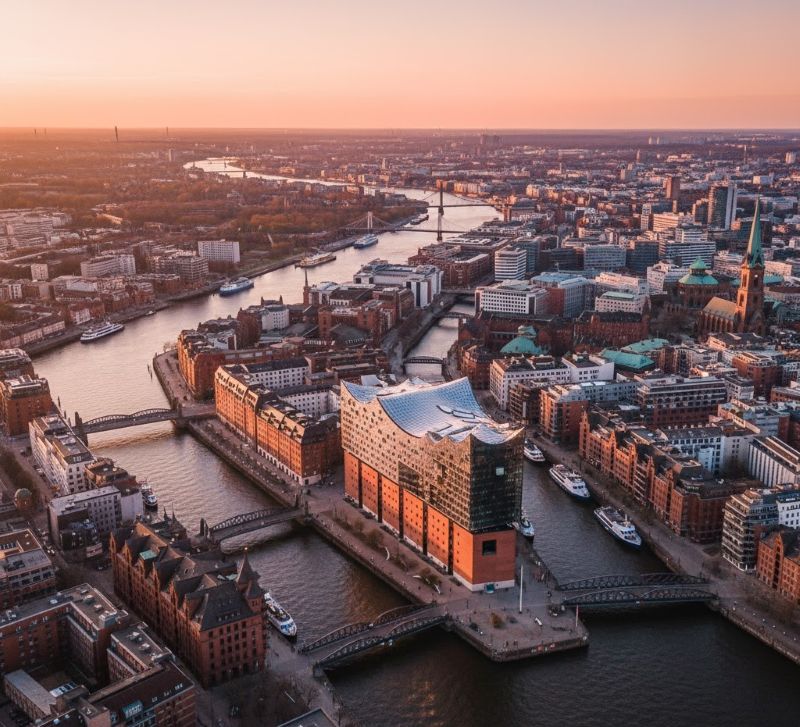The United Kingdom will formally recognise the State of Palestine on Sunday, according to multiple British media reports. Prime Minister Keir Starmer is expected to make the announcement ahead of the UN General Assembly’s high-level week, marking a major shift in UK foreign policy.
Starmer had previously stated that recognition would depend on Israel’s actions regarding Gaza and its commitment to a peace process. The decision follows months of escalating violence and humanitarian crisis in the territory, and comes alongside similar announcements expected from France, Canada, Belgium and others.
Speaking in July, Starmer said the recognition would be “a contribution to a proper peace process, at the moment of maximum impact for the two-state solution”.
The move has been condemned by Israel. Prime Minister Benjamin Netanyahu accused the UK of rewarding “monstrous terrorism” and promoting “jihadist ideology” following the 7 October 2023 Hamas attack on Israel. The assault, which killed 1,219 people according to Israeli authorities, triggered the ongoing war in Gaza.
In response, Israel has launched a military campaign that has left at least 65,208 dead in Gaza, according to the territory’s health ministry. The UN has described conditions in the enclave as a famine. Aid agencies report widespread hunger and lack of access to basic supplies.
The recognition by the UK, a permanent member of the UN Security Council, is largely symbolic. Palestine is already recognised by over 140 countries, but not by the United States or many of its Western allies. The Palestinian Authority currently holds the status of a “permanent observer state” at the UN.
British foreign policy had long treated recognition as a step to be taken as part of a broader peace agreement. But the failure of past negotiations, Israel’s continued settlement expansion in the West Bank, and worsening conditions in Gaza have led to a reassessment.
During a speech at the UN in July, then Foreign Secretary David Lammy cited Britain’s historical role in the region, referencing the 1917 Balfour Declaration. He said the UK had a duty to ensure that the rights of Palestinian communities were not ignored.
Recognition is not expected to create immediate changes on the ground. The Palestinian Authority lacks control over its full territory, and Gaza is under Israeli blockade. The West Bank remains under partial Israeli occupation, with large areas governed by military law.
The British decision has split opinion. Some view it as a necessary correction after decades of diplomatic imbalance, while others argue that the move risks further isolating Israel and undermining Western unity.
The United States has expressed strong opposition. Secretary of State Marco Rubio said the move “emboldens Hamas” and warned that it could delay a ceasefire. He added that Washington had cautioned allies that recognition would likely provoke Israeli annexation efforts in the West Bank.
Trump administration officials have echoed that stance. The current US ambassador to Israel, Mike Huckabee, said in June that the US “no longer supports the creation of a Palestinian state”. President Donald Trump, speaking last week, confirmed his disagreement with Starmer but said the two had discussed the issue in private.
According to diplomatic sources, the UK’s decision was largely expected after it became clear that no significant Israeli policy shifts were forthcoming ahead of the UN summit. The move is being coordinated with a group of states aiming to present a united front on Palestinian recognition.
France, which is also expected to announce recognition in New York, has said that doing so is “the best way to isolate Hamas”. French President Emmanuel Macron made the case for recognition after visiting the region earlier this year.
For Canada, recognition is conditional on the Palestinian Authority committing to political reform, demilitarisation, and elections in 2026. The UK has placed the burden of proof on Israel, tying its recognition to four steps: a ceasefire in Gaza, a halt to West Bank annexations, humanitarian relief, and re-entry into a peace process.
Critics argue that recognition should not be conditional at all. But with none of the British conditions met by the deadline, the move was deemed inevitable.
Public opinion in the UK has shifted. Repeated protests in London and other cities since the outbreak of the Gaza war have put pressure on the government. Demonstrations outside Downing Street have drawn thousands, with many calling for immediate recognition of Palestine and an arms embargo on Israel.
The formal announcement is likely to come hours before the start of the UN General Assembly’s high-level week on Monday. Around ten states are expected to make similar declarations.
With China and Russia already recognising Palestine, the UK’s decision means that four of the five permanent members of the Security Council now do so. The US remains the only holdout.
The recognition will also raise questions for the future of UK-Israel relations. While the UK maintains defence and trade ties with Israel, the government’s announcement signals a rebalancing of its Middle East diplomacy.
It also places the UK in a central position as global discussions shift toward postwar arrangements and possible diplomatic paths out of the conflict.
In the absence of meaningful talks between Israel and the Palestinians, recognition of statehood is now being used by several Western governments as a tool to influence the direction of future negotiations.
Whether this symbolic shift translates into policy change or renewed diplomacy remains uncertain. But Britain’s decision sends a clear message: the status quo is no longer acceptable.
HT


